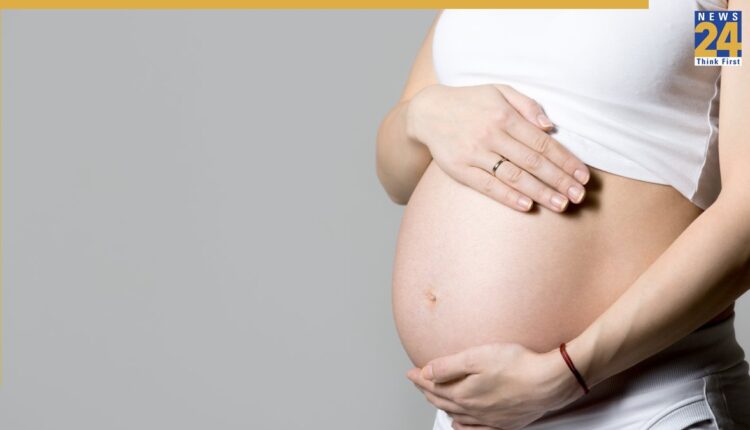Pregnancy already puts additional stress on the body, and extreme heat can make it even more difficult, making it challenging for pregnant women to stay safe. Rising temperatures due to climate change such as intense heatwaves, hot nights, and record breaking weather increase the risks for pregnant people, especially in developing countries.
Why pregnancy makes heat harder to handle
Pregnancy brings about many changes in the body, making it difficult to regulate heat. According to Anna Burshteyn, associate professor at New York University’s Grossman School of Medicine, as the fetus grows, the body’s surface to volume ratio changes, slowing heat dissipation. Additionally, the pregnant body burns more calories, which increases internal heat, the heart works harder, and the body requires more water.
When the body heats up, blood rushes to the skin to cool it, which can reduce blood flow to the placenta and impact fetal development. Additionally, exposure to potent chemicals like pesticides during pregnancy may increase their absorption, further increasing the risk, says Dr. Chris Holstege of the University of Virginia School of Medicine.
Risks before, during, and after pregnancy
Research suggests that exposure to extreme heat even before conception can impact future fertility, says Kara Schulte of UC Berkeley. During pregnancy, even brief exposure to high temperatures can increase the risk of complications like preeclampsia, which can be serious for both mother and baby.
Extreme heat can also impact mental health, such as anxiety and depression. Postpartum women may find it especially difficult to care for their newborns during heat waves. Babies exposed to extreme heat in the womb may experience developmental problems, such as premature birth or low birth weight.
Experts say that research on maternal health on this topic is currently limited. “This is a hugely understudied thing,” said Bershteyn, adding that a lot of what we know comes from studies recruiting athletes, soldiers or fit young people. “There hasn’t been the same level of commitment to women’s health research.”

